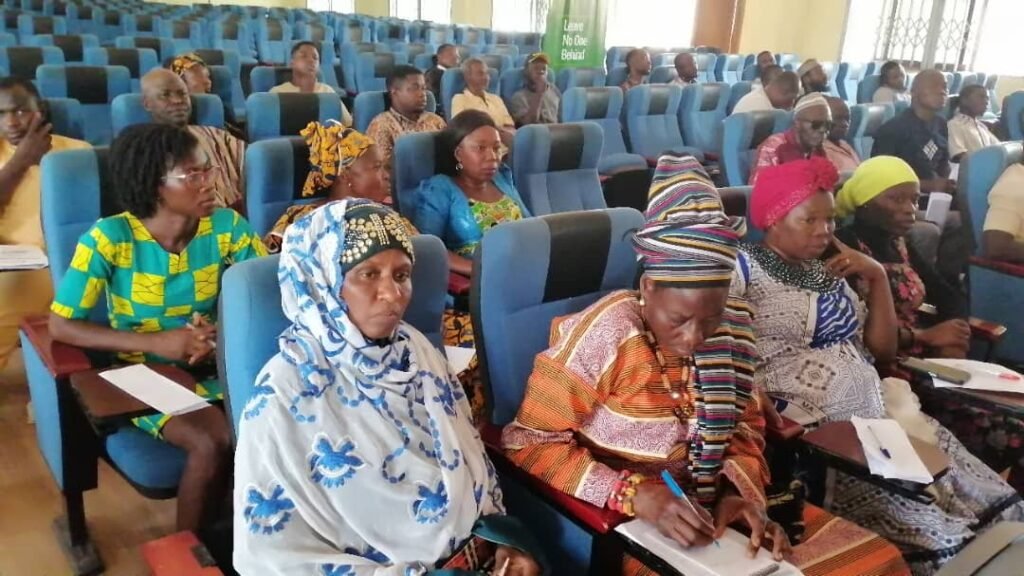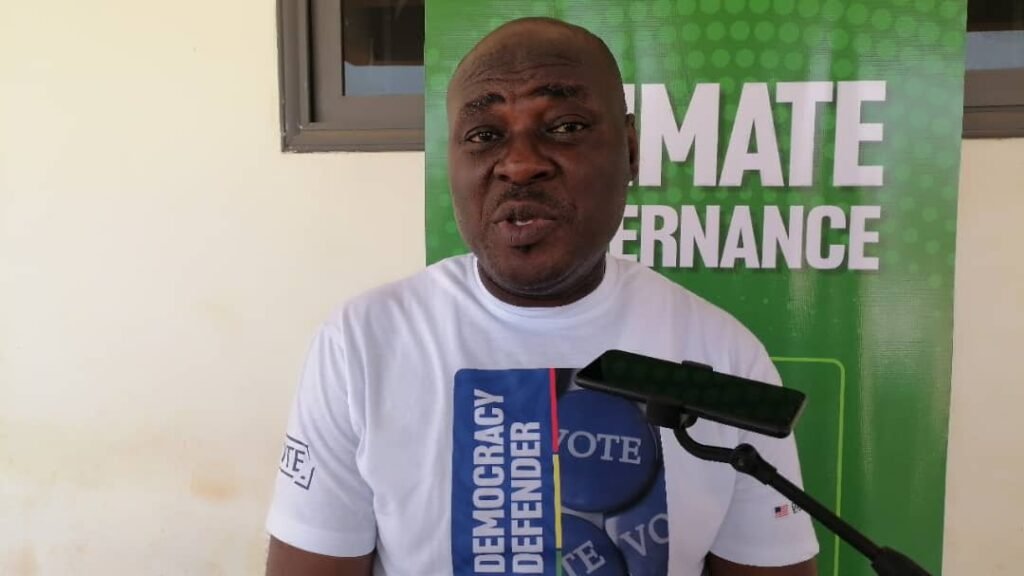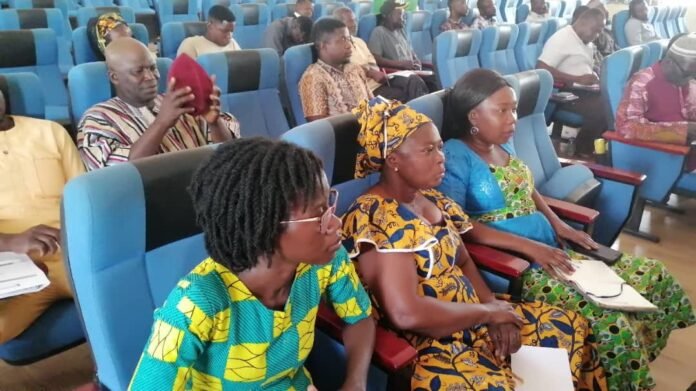The Ghana Integrity Initiative (GII), a non-governmental organization dedicated to promoting good governance and fighting corruption, has taken a significant step towards addressing climate change challenges in the West Gonja Municipality of the Savannah Region. As part of its ongoing project, “Strengthening Climate Governance through Social Accountability and Citizen’s Oversight in Local Climate Initiatives,” the GII has formed a Local Climate Committee (LCC) to drive climate action at the community level.
The two-day program, which took place at the Damongo Community Center on February 17-18, 2025, brought together stakeholders from the West Gonja Municipality to establish the LCC. The committee will comprise stakeholders, including traditional authorities, civil society, and local government representatives, who will work together to identify climate-related challenges and develop solutions.

According to Project Coordinator Michael Okai, the formation of the LCC is a crucial step towards addressing the impacts of climate change in the West Gonja Municipality. He emphasized the importance of a collaborative effort in combating climate change, stating that the project’s success relies on the active participation and engagement of all stakeholders.
The LCC will serve as a platform for citizens to engage with policymakers and decision-makers, ensuring that climate change mitigation and adaptation efforts are transparent, accountable, and responsive to the needs of local communities. By working together, the LCC aims to develop effective strategies to mitigate the impacts of climate change and ensure a sustainable future for generations to come.

The Ghana Integrity Initiative’s project is supported by the Extractive Industry and Climate Change Governance (EICCG) Fund through the Africa Centre for Energy Policy (ACEP). The project seeks to strengthen climate governance transparency and citizen engagement, promoting a collaborative approach to addressing the challenges of climate change in Ghana.




